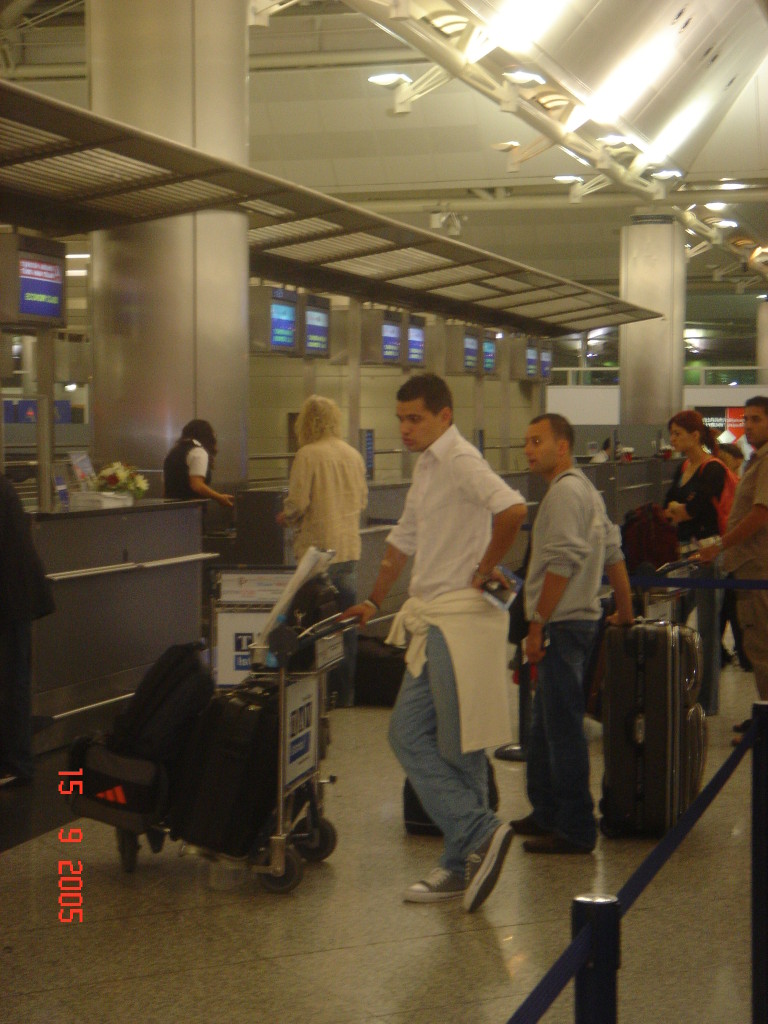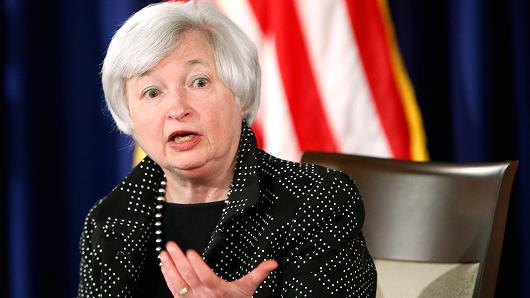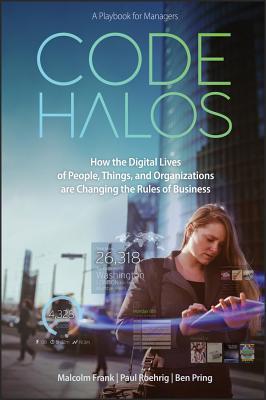The Oxford dictionary defines the word passion as ‘strong and barely controllable emotion’ and passionate as ‘having, showing or caused by strong feelings or beliefs‘ .
What great definitions!
To succeed, be meaningful and happy, you need to be passionate about something.

If you want to stay an average person, you may not bother at all, but then you will have a dull life.
I strongly believe that we are all living on this planet to change things.
Changing things is easier said than done.
You can be passionate about anything: a football team, your family, friends, food, business, travelling and so on.
But there has to be something in your life that you are really passionate about.
What are you passionate about?
Going back to the Oxford dictionary definition of passion, it is a strong and barely controllable emotion.
It is really important that you can control it, but only barely. It should be such a strong feeling.
If it is not controllable, it is not your friend any more.
Making things worse, it is actually your enemy.
There is a very fine line between being passionate and obsessive.
The Oxford dictionary defines obsession as ‘an idea or thought that continually preoccupies or intrudes on a person’s mind’ and obsessive as ‘of the nature of an obsession’ .
When you are obsessed with something, you cannot control your emotion. In other words, you are not your own boss any more.
That feeling/emotion starts controlling you and can potentially destroy you.
From my experience, educated and self-confident people are more likely to control their emotions.
Emotions help them to succeed and be happy in their lives.
Someone with a high ego very likely means someone with less knowledge and less self-confidence who tries to overcome these problems by increasing their own self-importance.
When you hear ‘I am important’ type of statements from someone, just walk away…
I am personally very passionate about Besiktas (a Turkish football team), reading, travelling, technology and meeting new people.
I am passionate about Besiktas, not because Besiktas is a good sports club, but more importantly because it has a unique type of supporter who is quite sensitive to domestic and global issues. Besiktas is a very good platform for good companionship, to channel your knowledge and, if necessary, help those who need them.
I am passionate about reading; as I read more, I develop my thinking, how I see the world, what has shaped the world and the people. More importantly, each book makes me so curious that I want to jump into any different book.
To give you an example, last year I read The World Order by Henry Kissinger, which made me read Hillary Clinton’s recent book, Hard Choices. After reading Hillary Clinton’s book, I wanted to learn more about the Saudis and it made me read Inside the Kingdom by Robert Lacey.
I am passionate about travelling because the more I travel, the more I understand people with different backgrounds. So far, I have been to only 51 countries and knowing there are many more to go keeps me very motivated. In addition, I know that even if I visit every single country one day, I will need to go to those countries again.
Why? Nothing stands still and I have to be updated!
I am passionate about people because everybody has a unique life story. I am quite privileged to work in the banking profession as it is part of my job to meet new people, understand them and bring unique solutions to each of them.
Am I obsessed with something?
I hope I am not. People who know me should answer this rather than me.
If you cannot find something that you are passionate about in your life, you should start searching for it.
If you can connect your passion with your job, success is inevitable, then! Instead of looking for a living or an extra earning, do not sell your passion for temporary means!
It should wake you up early, always have that in mind and get excited and think positively about the future.
More importantly, it should help you to be meaningful and happy in our limited time on this planet!
All the best from Singapore.
Sukru Haskan
Twitter: @sukru_haskan




